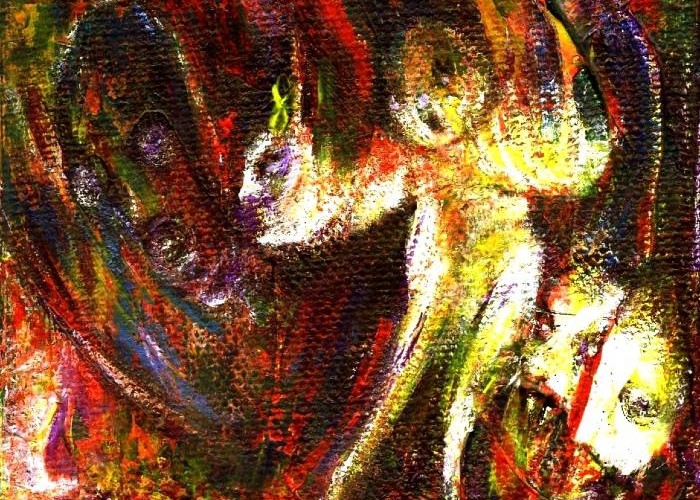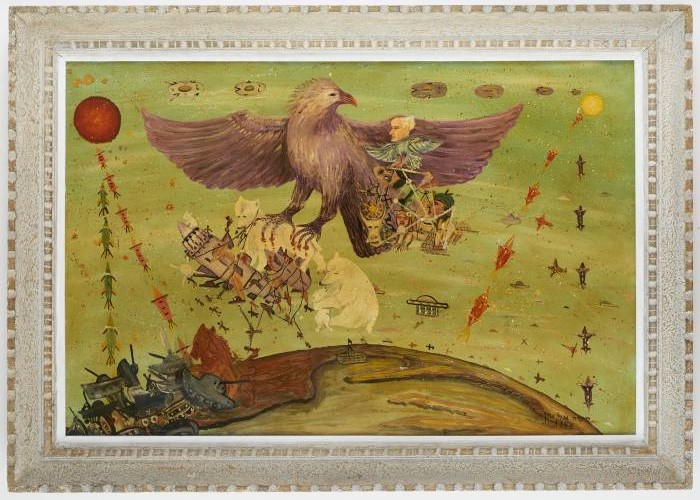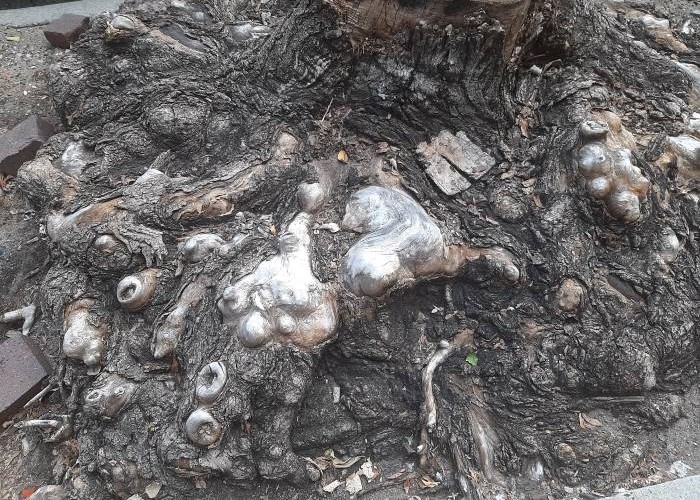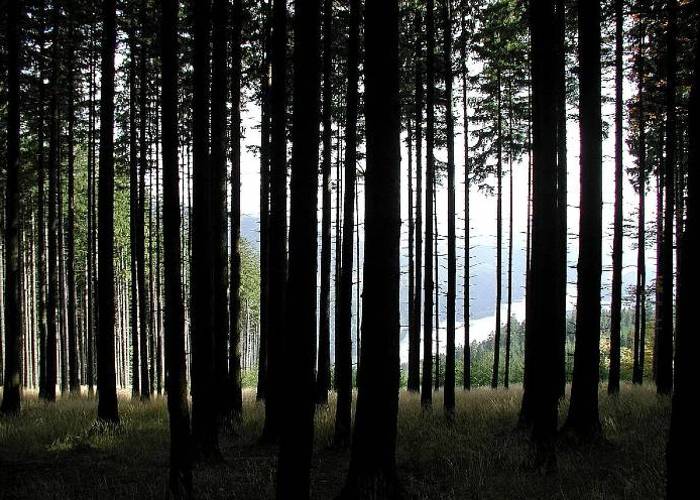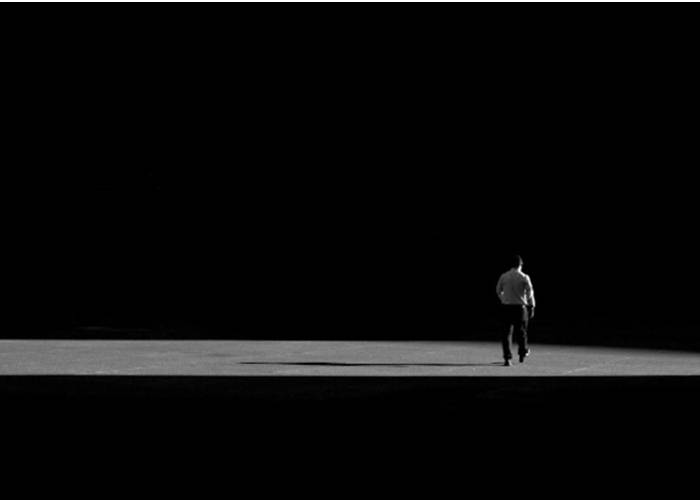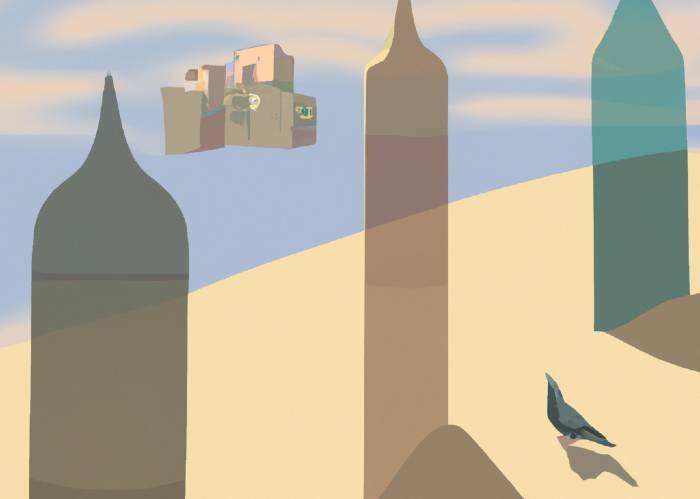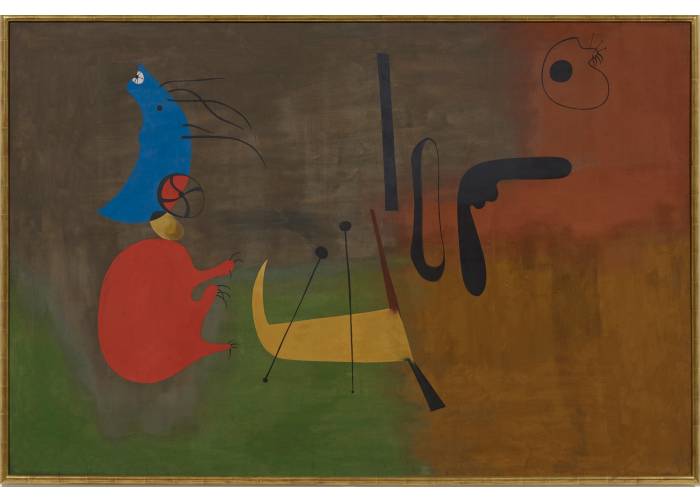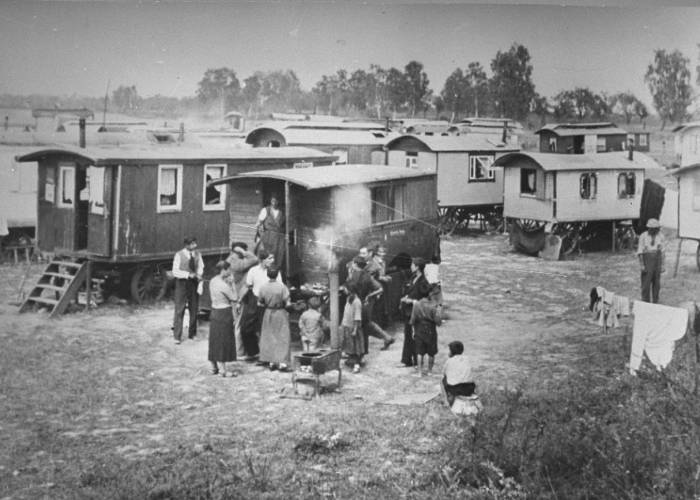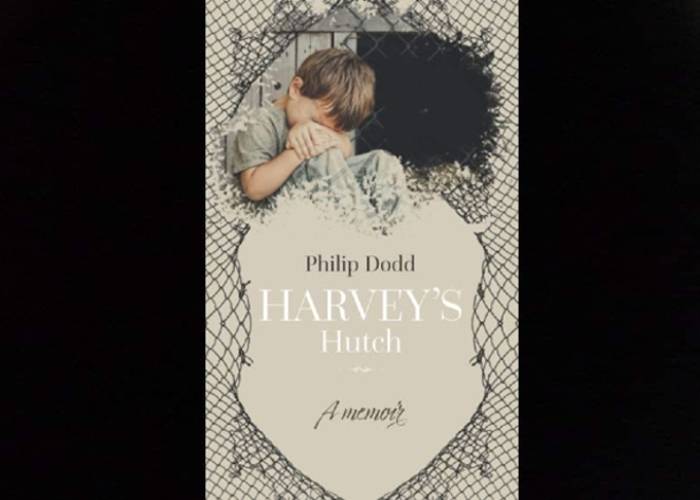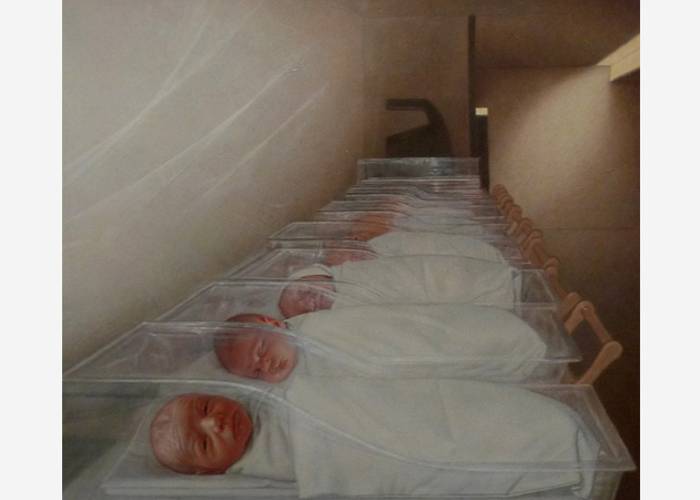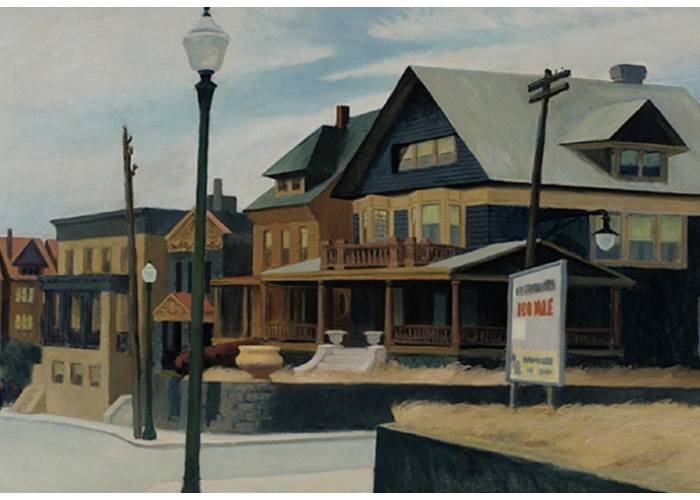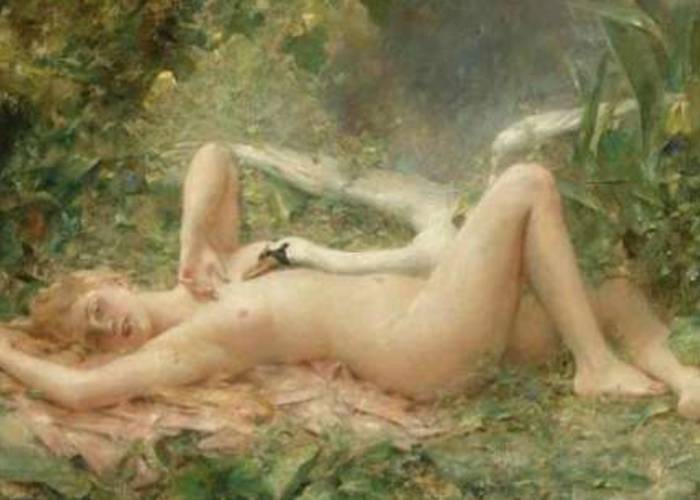Myrrah brushed snails off her belly and once again carefully examined all her hollows and nooks as some peculiar creatures always sneaked in there during the dark time of the day. A mist cloud climbed up a slope, leaving quivering clusters of sparks on pine needles as it passed. Greedy crack of the sun already peeped out from under the water bastion, flooding shells of the walls with its pearly light. Soon the first holiday-makers would appear on the narrow sand mat along the bay. Myrrah stretched sweetly; she knew she should look great.
The first to appear on the beach was a tendinous old man in wide swimwear with a towel around his neck. He ran along the path to the left, down to a gazebo, where he threw the towel on the railing, squatted and pushed-up a dozen of times, and, having wiped off his face and chest with the towel, ran away, not even touching the waves. Watching relaxedly the fishing boats gliding over the crumbling and swaying surface, Myrrah ate her breakfast of fresh berries and sweet cookies. The boats gradually disappeared in a kaleidoscope of reflections, leaving a ghostly swirl of seagulls behind them. Myrrah checked herself once again, drawing her narrow palms over the body, from feet to thighs, and further, to her protruding navel, to her swollen breasts, to her sharp chin, nose and crown. The seagulls were now bawling at the shore, it was time to walk out.
The beach was gradually filling with people. A flock of boys, whooping like the seagulls, rushed past her, tapping on thorny grass with their bare heels. Two young mothers rolled prams along the trail. The women bent crosswise over the prams littered with their belongings, and flooded them with streams of verbal molasses and oil. When they reached the sand’s edge, the women left their prams there and started dragging their things closer to the water: weightless bags that expand into spacious tents, bulky bags with diapers, magazines, towels, nutritional mixes, juices, rattles, tan lotions, sunscreen lotions, after tan lotions. Sitting between other tents and sun umbrellas, they merged with the tapestry of other holiday-makers, already exposing their shiny oiled bodies, wide bald crowns, and gloomy mouths of tents to the sun. Here and there stood chocolate-tanned columns of beach veterans. Smiling stray dogs maneuvered between tents and sand castles assembled by kids diligently enjoying the day. Wagging their tails with vigour, the dogs blew down tops off sand towers and filled the mouths and eyes of the little ones with clouds of sand. The kids were already falling on their backs, under the hot breath and slobbering yaps of the friendly beasts. A two-voiced growl echoed along the beach, and the mothers rushed to their kids, trampling the remains of flimsy sand constructions under the feet.
Myrrah came down to the water. The sun was already approaching its zenith, and her shadow hid under her feet. Two seagulls, one after another, cut the blue and sank to the shore. The hum of peoples’ voices was muffling the sighs of the waves. The near edge of the water was covered with lace bubbles melting on the sand and growing again with the next long wave. Under the dazzling surface, if one dared to go at least ankle-deep into the water, they could see a flock of fry, and half shells or possibly half pebbles lying on the sand. Seagulls paced both on smooth sand and in the reflecting clouds.
Assorted clamour behind her back died out when Myrrah stepped into the water. A wave embraced her feet; she took another step, and the fish ran away, and the seagulls rose up into the sky and disappeared in the blinding azure. Sinking in the loose sand, Myrrah had to make an effort to walk against long and heavy waves. Finally, she got to the waist-deep spot. The sand here was hidden under thick seaweed fondling her thighs, and she turned to the shore, where they all stood staring at her. She waved at them and finally dived into the water that picked her up gently, crawling into her eyes and mouth and ears and all her hollows and nooks. Myrrah sank deeper and deeper, surrendering to caresses of the current; she slid, twisted and turned around, enjoying her gentle somersaults, until her navel burst from inside, and a flock of birds with long shining white necks splashed out of her belly as she was sinking to the sand bed, and then flew out from under the water towards a collective scream that ripped the beach apart.
Translated from Russian by the author






























